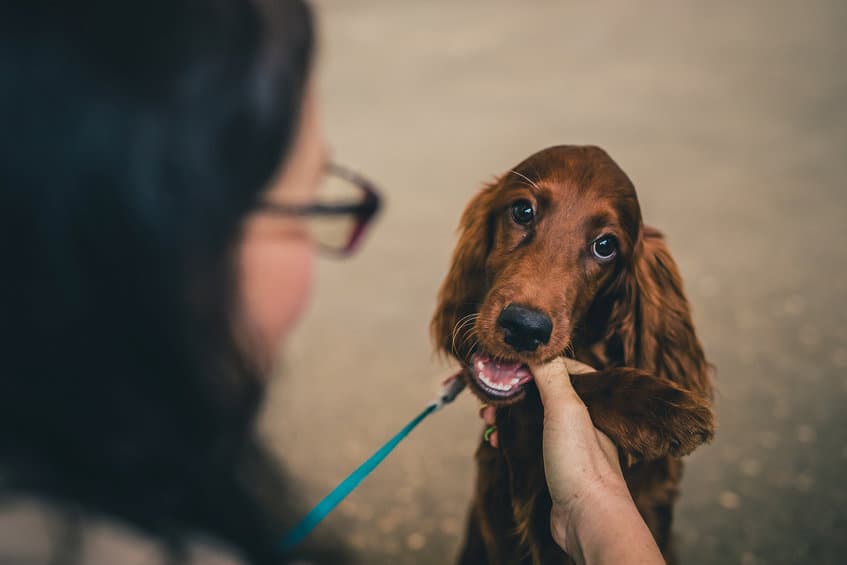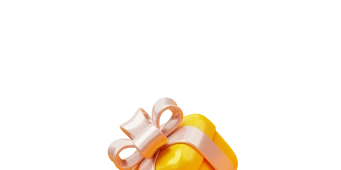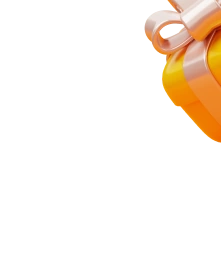Dogs are known for their curious and sometimes mischievous behavior. One common behavior that many dog owners encounter is their furry friend nibbling on various objects around the house. Whether it’s chewing on shoes, furniture, or even household items, this behavior can be both perplexing and frustrating for dog owners. But Why Does My Dog Nibble on Things? In this article, we will explore the possible reasons behind why dogs nibble on things and provide insights into their underlying motivations.
The Reasons Behind Why Does My Dog Nibble on Things
Here are some of the reasons of Why Does My Dog Nibble on Things:
1. Natural Instinct and Teething
One of the primary reasons why dogs nibble on things is their natural instinct to chew. Dogs are descendants of wolves, and chewing is an inherent behavior that served a purpose in their wild ancestors. Puppies, in particular, go through a teething phase where their baby teeth are replaced by permanent ones. During this time, they experience discomfort and itching in their gums, and nibbling on objects helps alleviate the pain. It also helps loosen the baby teeth, making way for the new ones to emerge.
 2. Boredom and Anxiety
2. Boredom and Anxiety
Dogs are intelligent and social animals that require mental and physical stimulation. When dogs are left alone for extended periods or lack sufficient exercise and interaction, they may resort to nibbling on objects out of boredom or anxiety. Chewing provides a form of mental stimulation and can help relieve stress. It is important for dog owners to ensure their furry companions receive enough exercise, playtime, and mental enrichment to prevent boredom-related behaviors.
3. Attention-Seeking Behavior
Some dogs learn that nibbling on objects can elicit a response from their owners, even if it’s negative attention. Dogs crave interaction and may resort to chewing as a way to seek attention. If a dog realizes that nibbling on things results in their owner’s attention, they may continue engaging in this behavior. It is crucial for dog owners to provide their pets with appropriate outlets for attention and engage in positive reinforcement training to redirect this behavior.
4. Dental Problems
Dental issues can also contribute to a dog’s inclination to nibble on objects. Gum inflammation, tooth decay, or misaligned teeth can cause discomfort or pain, leading dogs to seek relief by chewing on things. Regular dental care, including teeth brushing and routine check-ups with a veterinarian, can help identify and address any underlying dental problems. Ensuring proper dental hygiene can significantly reduce a dog’s need to nibble on objects for oral relief.
Practical Recommendations to Manage Nibbling Behavior
Here are some of the recommendations for Why Does My Dog Nibble on Things
1. Provide Appropriate Chew Toys
To redirect your dog’s chewing behavior, it is essential to provide them with appropriate chew toys. Look for toys specifically designed for dogs, considering their size, age, and chewing habits. Chew toys not only provide a safe outlet for your dog’s natural instinct to chew but also promote dental health by reducing plaque and tartar buildup.
2. Exercise and Mental Stimulation
Ensuring your dog receives sufficient exercise and mental stimulation is crucial in preventing boredom-related nibbling. Daily walks, playtime, and interactive toys can help keep your dog physically and mentally engaged. Consider incorporating puzzle toys or treat-dispensing toys to challenge your dog’s problem-solving skills and keep them occupied.
3. Positive Reinforcement Training
Using positive reinforcement techniques can effectively discourage nibbling behavior. Reward your dog with treats, praise, and attention when they chew on appropriate items like their toys. Redirect their attention and gently discourage them from nibbling on forbidden objects by offering alternative toys or engaging them in interactive play.
4. Address Underlying Medical Issues
If you notice excessive nibbling or changes in your dog’s chewing behavior, it is essential to consult with a veterinarian. They can examine your dog’s oral health and rule out any underlying dental problems or medical conditions that may be contributing to the behavior. Treating any health issues can alleviate discomfort and reduce the need for excessive nibbling.
Practical Recommendations to Manage Nibbling Behavior
1. Provide Appropriate Chew Toys
Invest in high-quality chew toys specifically designed for dogs. Look for toys that are durable, non-toxic, and suitable for your dog’s size and chewing habits. Opt for textured toys that can help in cleaning teeth and massaging gums. Introduce a variety of toys to keep your dog engaged and prevent boredom.
2. Exercise and Mental Stimulation
Ensure your dog receives regular exercise to expend their energy and keep them mentally stimulated. Take them for daily walks, engage in interactive play sessions, and provide opportunities for them to explore their environment. Incorporate puzzle toys or treat-dispensing toys that require problem-solving skills, which can help redirect their chewing behavior towards appropriate items.
3. Positive Reinforcement Training
Use positive reinforcement techniques to encourage your dog to chew on their toys instead of inappropriate objects. When you catch them chewing on their toys, praise and reward them with treats or verbal praise. Redirect their attention and gently discourage them from nibbling on forbidden items by offering alternative toys or engaging them in interactive play.
4. Establish Boundaries
Create designated areas or zones where your dog is allowed to chew on toys. Use baby gates or pet barriers to restrict access to certain areas of the house where valuable or dangerous items are present. Supervise your dog closely during the training period and redirect them to their designated chew zones whenever necessary.
5. Provide Mental Enrichment
Engage your dog’s mind by introducing mental enrichment activities. Teach them new tricks or commands, play hide-and-seek games with treats, or enroll them in obedience or agility classes. Mental stimulation can help alleviate boredom and reduce the likelihood of your dog resorting to nibbling on objects out of frustration or anxiety.
6. Seek Veterinary Care
If your dog’s nibbling behavior persists or intensifies, it is essential to consult with a veterinarian. They can examine your dog’s oral health and overall well-being to rule out any underlying medical issues. Dental problems, allergies, or gastrointestinal disorders can contribute to excessive nibbling. Addressing these underlying issues can help alleviate discomfort and reduce the need for inappropriate chewing.
7. Avoid Punishment
Avoid punishing your dog for nibbling on objects as it can lead to fear or anxiety. Instead, focus on positive reinforcement and redirection techniques. Punishment may create a negative association and worsen the behavior. Consistency, patience, and positive reinforcement are key to modifying your dog’s chewing habits.
 By implementing these practical recommendations, you can effectively manage and redirect your dog’s nibbling behavior. Remember, each dog is unique, and it may take time to find the most suitable strategies for your furry friend. With patience, consistency, and a little training, you can foster a healthy chewing habit and maintain a harmonious relationship with your beloved canine companion.
By implementing these practical recommendations, you can effectively manage and redirect your dog’s nibbling behavior. Remember, each dog is unique, and it may take time to find the most suitable strategies for your furry friend. With patience, consistency, and a little training, you can foster a healthy chewing habit and maintain a harmonious relationship with your beloved canine companion.
Why Does My Dog Nibble on Things – Conclusion
Why Does My Dog Nibble on Things for various reasons, including their natural instinct to chew, teething, boredom, anxiety, attention-seeking behavior, and dental problems. Understanding the underlying motivations behind this behavior is crucial in effectively managing and redirecting it. By providing appropriate chew toys, ensuring sufficient exercise and mental stimulation, using positive reinforcement training, and addressing any underlying medical issues, dog owners can help curb their furry friends’ nibbling tendencies and promote a healthier and happier relationship.















 2. Boredom and Anxiety
2. Boredom and Anxiety






